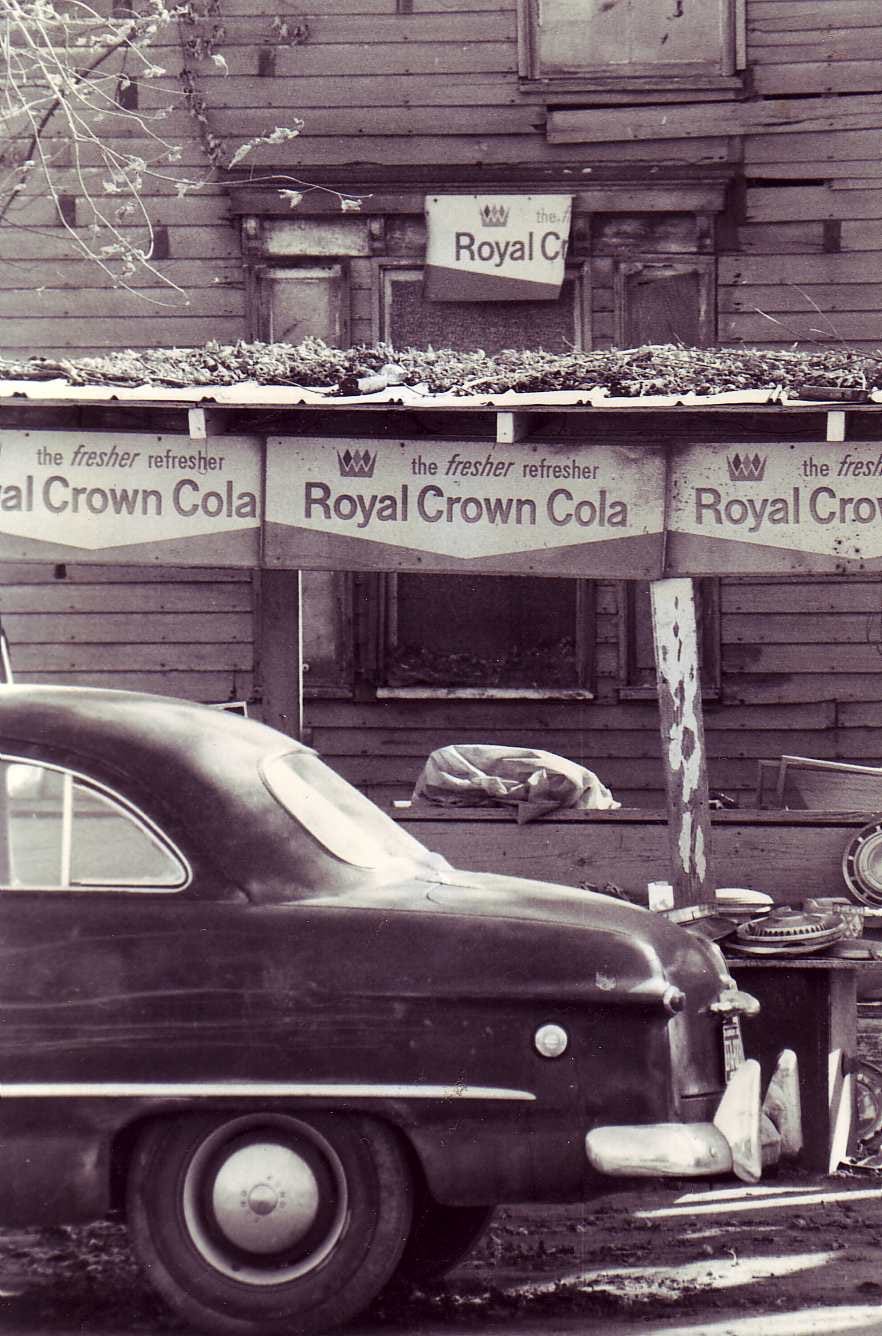Expulsion
The End of the I.S. & The Beginning of Something Else
The day that Danny, the Louisville I.S. branch daddy, took back his shotgun back from me was the day before everyone drove to Detroit for the special “expulsion” convention.
The I.S. was having another faction fight. I’d heard about faction fights in history books, among the Bolsheviks, and here I was, in the center of one myself. The last one in the I.S. had been when I was still in junior high school, innocent in Edmonton.1
A special convention was being called in Detroit, to throw the dissidents out. That would include me. There wasn’t any suspense; Glyn Carver and Joel Geier had the majority votes in their pockets.
So why were we even going?
I knew there were “principles” at stake, but it seemed to me another sort of worm had turned. Working class solidarity had become a fetish game, and wonderful people were being kicked out like dead wood. There wasn’t a vision, there were only snitches and bullies.
A decade later, I learned a bombshell, and h…



